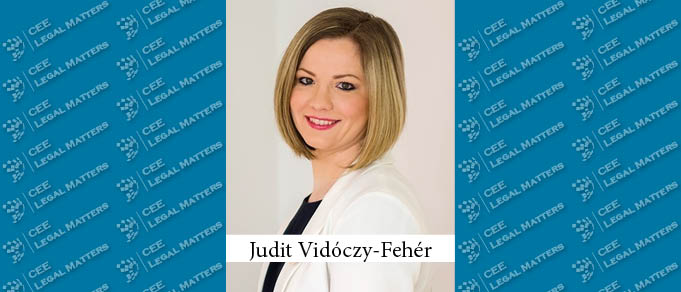The term "whistleblowing" means a procedure for reporting unlawful, harmful for public interest, potentially damaging or simply morally questionable behaviour at work, which helps to identify inappropriate behaviour or situations in organisations where normal channels of communication would not work or would be difficult to use, mainly because of the fear from sanctions. Reportable wrongdoing can take many forms: corruption, fraud, professional misconduct or negligence.
Now it is accepted that the establishment and operation of an effective whistleblowing system, both for public institutions and companies, can be an effective tool to fight against corruption and other forms of malpractice, thus contributing to improving the efficiency of businesses.
Why do we need to regulate whistleblowing?
In the spirit of fighting against corruption and other wrongdoing, and to address the aspects of this issue in everyday life, Directive 2019/1937/EU on the protection of persons who report breaches of Union law (the so-called Whistleblowing Directive) was adopted, which was (supposed to be) transposed by the member states by 17 December 2021.
The Whistleblowing Directive lays down minimum requirements for detailed whistleblowing procedures and whistleblower protection in relation to reporting breaches of certain industry regulations. Such areas are for example financial services, food safety, product safety and compliance, environmental protection, consumer protection, privacy and personal data protection.
As far as Hungary is concerned, it has not developed detailed legislation in line with the Directive yet, but Act CLXV of 2013 on Complaints and Notifications of Public Interest already contains provisions, which the legislator is expected to amend and supplement in order to comply.
What does this mean in practice?
Under the Directive, companies will be required to set up an internal system, where their employees and partners can report any alleged unlawful activities or behaviour they experience, through a platform that protects them from negative consequences and possible sanctions.
Companies with 250 or more employees are already required to have an internal abuse reporting system in place, while companies with fewer than 250 employees but at least 50 are required to comply with EU law by 17 December 2023.
What are the solutions?
If a company is affected by the obligation to comply with the Directive, the first step is to assess the possibilities for abuse reporting and, if necessary, to set up a reporting system. An important factor by choosing the solution is the way in which the company wishes to set up its reporting system, as there are several possible solutions. Employers may choose to handle whistleblowing internally by appointing an independent trustee or they may choose to seek the assistance of a whistleblowing lawyer.
However, both solutions shall comply with the requirements of the relevant legislation, in particular with regard to the protection of the whistleblower's personal data, and shall also take into account the need to raise awareness among employees. In addition, an internal policy for the processing and investigation of whistleblowing is essential.
Hungary is obliged to comply with the provisions of the Directive by transposing its provisions into the Hungarian law. As there is a realistic chance of this happening in the near future, it is of the utmost importance for businesses to take the first steps towards compliance with EU standards in due time. The regulatory framework is in place, so compliance can be started even in the absence of detailed Hungarian legislation.
By Judit Vidoczy-Feher, Attorney at Law, act Ban & Karika Attorneys at Law




